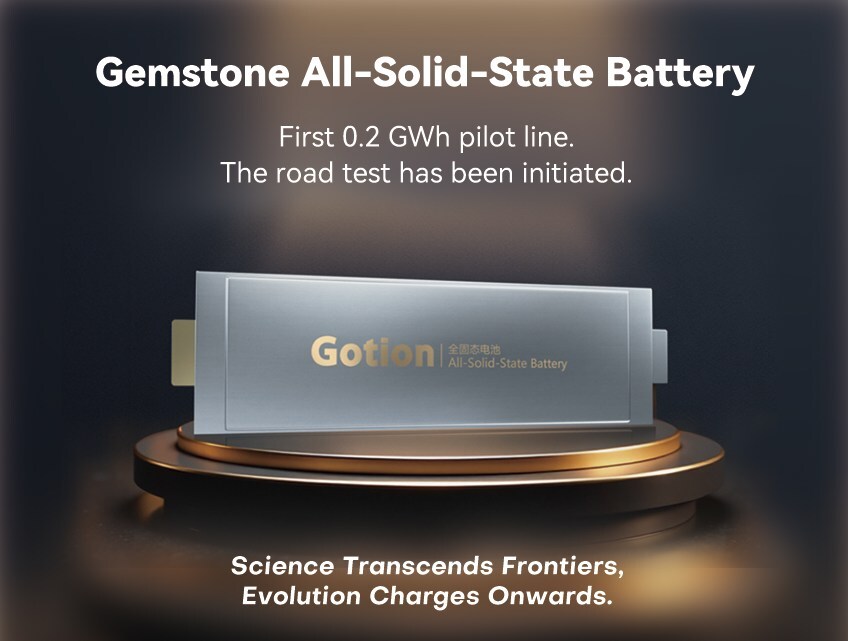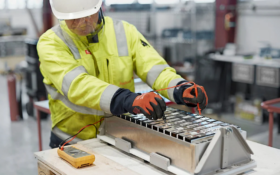UK firm Connected Energy (CE) has secured a GBP3 million ($4.1m) investment boost for the development of its E-STOR energy storage system that uses ‘second-life’ lithium-ion electric vehicle batteries.
CE said the cash injection from Australian investment banking company Macquarie Group and French electric utility ENGIE will provide “working capital” to help its “ambitious growth plans in the UK and Europe.”
E-STOR, which uses EV batteries from carmakers including France’s Renault, coupled with CE’s own operating software and load management services, provides “the same performance as first life batteries, but at a lower cost”, CE said.
CE said the reuse of EV batteries “is a compelling circular economy innovation”. Second life enables greater exploitation of the carbon and energy embedded in the manufacturing of the batteries, adding to the sustainability credentials of electric vehicles as well as the electricity system”. “Using second life batteries also reduces system costs— making energy storage systems financially viable for a wider range of end users.”
CE’s CEO Matthew Lumsden (pictured) said the company has “a tremendous pipeline of demand for battery-based storage systems”. “In this uncertain energy landscape we look forward to capitalising on the burgeoning need for grid balancing schemes through energy storage, as well as adding to the sustainability of electric vehicles.”
Senior MD in Macquarie’s commodities and global markets group Matthew Booth said: “The provision of energy storage to support grid stability and create a charging network for electric vehicles will be a major theme in power infrastructure over the coming years.”












